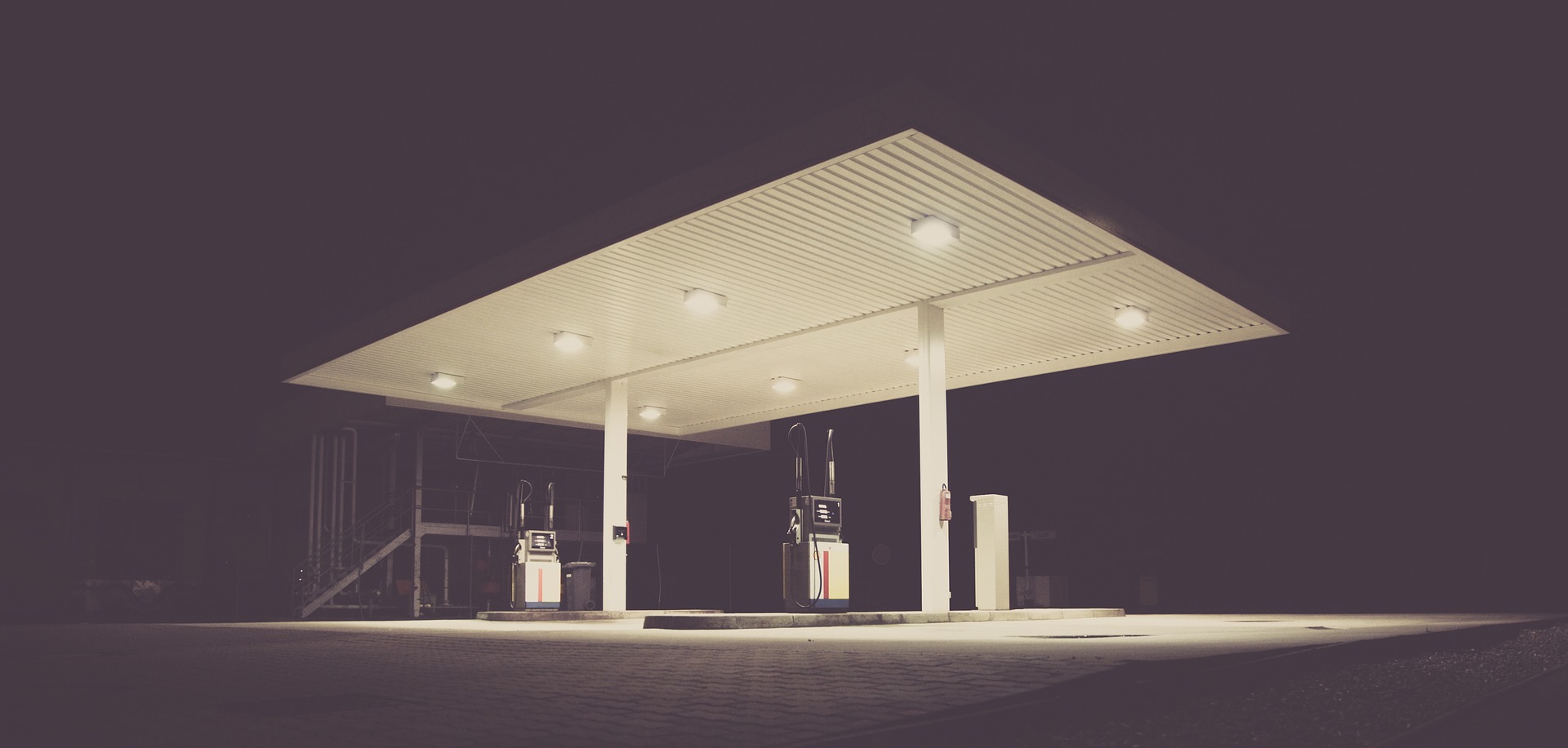
According to the government and Hungarian oil and gas company MOL, there is no fuel supply crisis in Hungary, but only an extreme increase in demand, which caused a logistical challenge.Continue reading

Under the Hungarian government’s petrol price cap decree, petrol stations closed for more than 48 hours are put under “temporary care” by the state. For a long time, the Independent Petrol Stations Association thought that this should not be taken too seriously, but now petrol stations could be taken over.
A station that is “out of service” for more than 48 hours in a week must temporarily transfer the unit to another company designated by the Ministry of Innovation and Technology (ITM). However, only MOL, a Hungarian multinational oil and gas company, has applied for this task. Népszava reports that the three small wells that are currently in question were forced to close for several days because they did not receive a supply of fuel from MOL as a wholesaler.
The supply problems, experts say, are rooted in the 480 forints wholesale price cap decree of three weeks ago, when non-MOL wholesalers – importers – essentially suspended the supply of wells. Although MOL, the operator of the Százhalombatta refinery, took over the supply of the 30 percent of the market left without a supplier, the slow adaptation of the contracting and delivery system to the sudden surge in demand has meant that a significant proportion of domestic wells – a quarter by some estimates – have simply run out of fuel. According to László Gépész, a board member of the Independent Petrol Stations Association, “the petrol stations that are now closing down are forced to do so not because of prices, but because of fuel shortages,” he said, adding that they are not getting fuel from the wholesalers they have appointed to supply them and then run their pumps.
Earlier, the government and MOL said that there is no fuel supply crisis in Hungary, only an extreme increase in demand, which has caused a logistical challenge. This was confirmed by Zsolt Hernádi, CEO of the oil company.
About the “temporary care” of stations, Gépész said that “under the legislation, the first step is for the ITM to send a designation decision to the owner, designating one of the qualified operators as an additional operator on a temporary basis. It is likely to be MOL.” The worrying thing about this news, he said, is that no one knows at this stage what the practicalities of such an action are because the detailed rules have not been made public. “We will find out,” he added.
Meanwhile, it became known today that MOL is not taking over all petrol stations. 444 cited MOL on the matter:
Currently, the government has asked MOL to operate several wells, but after analyzing the situation, we believe that the supply of fuel is secured in the areas listed. There are one or more operating filling stations within 20 kilometers of the affected wells.
This means that even without the temporary operation of the affected wells, there will be enough fuel for all local residents, either from MOL or from a competing supplier.” However, the company reiterated that they would take over the wells if the problem becomes more serious. “Of course, if additional locations arise where a steady and readily available fuel supply cannot be ensured, MOL will take over the operation of these stations for a transitional period, as required by law. As a strategic company, we will do this even if it means additional costs for the company.”
I think that the price cap has ruined about a tenth of the domestic service stations, about two hundred units,”
said Eszter Bujdos, CEO of Holtankoljak.hu.
According to her, it is not known who can fill up a can or how.
Should the petrol station worker decide who is filling up, how many tons, what nationality, or whether they are filling up for agricultural purposes, and should they enforce their decision?”
Everyone is waiting for the National Tax and Customs Office’s (NAV) position,” said the managing director of Holtankoljak.hu, adding that in uncertain cases, the wellmen are not selling any fuel now, and prefer to send the buyer away because they do not risk the occasional fine of 6-15 million euros. Népszava also writes that lorries, even foreign ones, still want to fill up at the official price of 480 forints, but the service station refuses to do so, according to the rules in force, and this is why disputes requiring police intervention are on the rise.
Bujdos also said that haulers do not receive more than 100-200 liters of fuel, either at market or “hitchhiked” prices, even from high-pressure filling stations, making it impossible to plan a longer delivery. According to Bujdos, perhaps a fifth of filling stations have high-pressure filling stations, although these are typically located on busy routes, and “a garbage truck will not go out on the highway to fill up, which has already led to garbage disruptions in several places.”
Although the government already has taken measures to help stations, gas station owners do not seem to be happy with them. Recently, the Independent Petrol Stations Association managed to reach an agreement with the ministry’s officials that the state would pay a compensation of 20 forints per liter to make up for the losses. To this, László Gépész said: “We will reject this solution because, in our reading, the difference between ‘due’ 20 forints and ‘eligible’ is exactly zero to twenty forints. There is no guarantee that everyone can prepare such a complex application. Those who fail get nothing? We see it as an attempt at evasion because we cannot see what is behind it. We have another general meeting on Monday, and we are expecting the Secretary of State to come and answer our doubts.”
In addition, the National Association of Agricultural Cooperatives and Producers has repeatedly drawn attention to the lack of access to gas oil for farmers, which has led to the halting of agricultural work in many parts of the country.
Source: Infostart, Népszava, HírKlikk, 444
Featured image: illustration via Pixabay